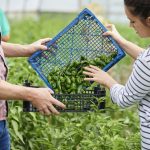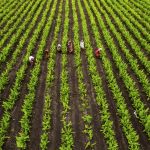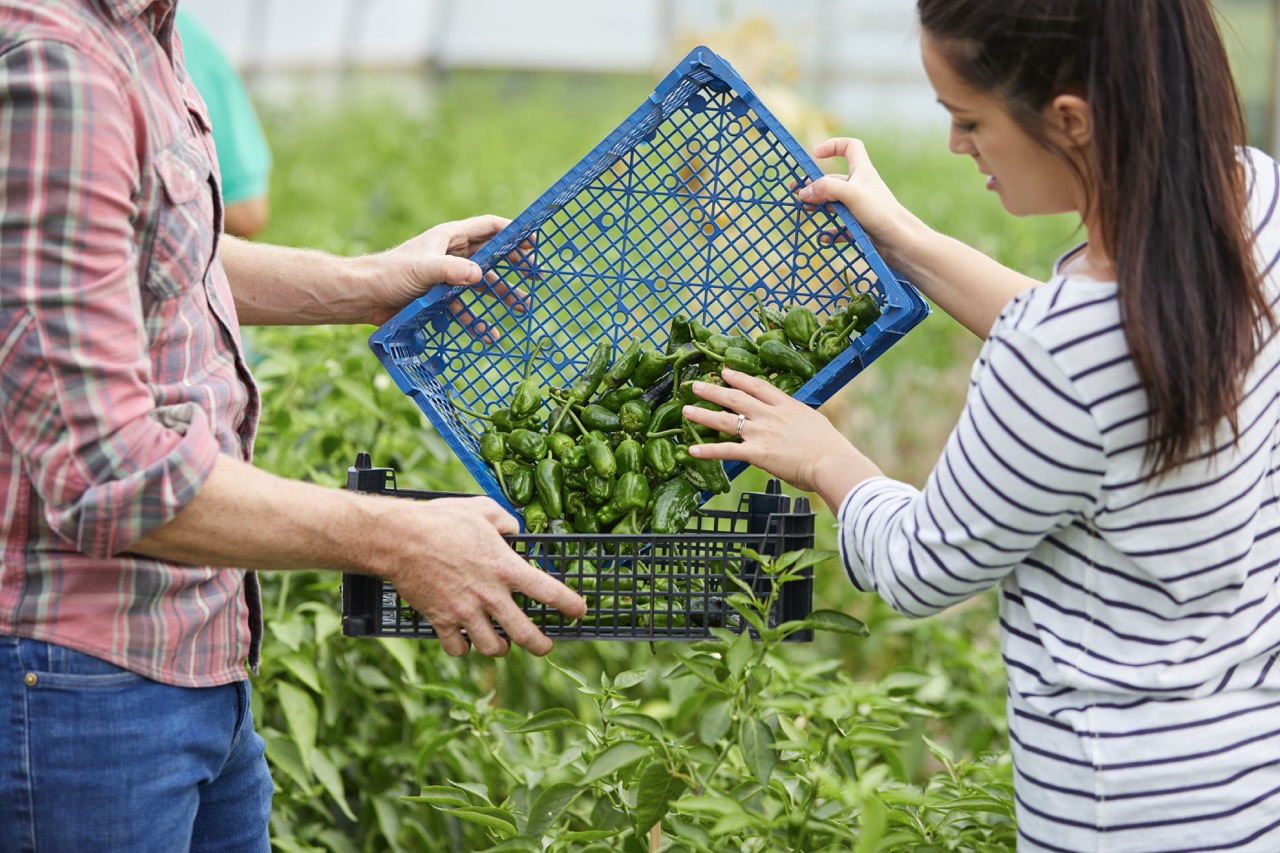Organic certification has emerged as a cornerstone of sustainable farming, offering a framework through which agricultural practices can align with environmental stewardship. As consumers become increasingly aware of the ecological impacts of conventional farming, the demand for organic products has surged. This shift towards organic agriculture not only reflects changing consumer preferences but also underscores a broader commitment to sustainability. In this article, we will explore the role of organic certification in sustainable farming, its benefits to ecosystem health, the challenges farmers encounter, and the future of this certification in the agricultural landscape.
Understanding Organic Certification: A Key to Sustainable Farming
Organic certification is a process through which farms and agricultural products are evaluated to ensure they meet specific standards set by regulatory bodies, such as the USDA in the United States or the EU Organic logo in Europe. These standards typically prohibit synthetic chemicals, genetically modified organisms (GMOs), and certain types of pesticides, emphasizing natural processes and materials. By achieving organic certification, farms not only validate their commitment to sustainable practices but also gain access to a growing market of conscious consumers who prioritize organic products for their health and environmental benefits.
The certification process involves rigorous documentation and inspection, ensuring compliance with organic standards. This oversight helps maintain the integrity of organic farming practices, distinguishing them from conventional methods that may prioritize short-term yield over long-term sustainability. In this way, organic certification serves as a key to sustainable farming by creating a trustworthy system that encourages practices like crop rotation, cover cropping, and biodiversity enhancement, which are vital for maintaining healthy ecosystems and soil quality.
Moreover, organic certification fosters transparency within the agricultural supply chain. Consumers are increasingly interested in the origins of their food and how it is produced. By providing clear labeling and certification, consumers can make informed choices that reflect their values. This transparency not only empowers consumers but also incentivizes farmers to adopt sustainable practices, creating a virtuous cycle where organic farming becomes more mainstream and accessible.
The Benefits of Organic Practices for Ecosystem Health
The adoption of organic farming practices yields numerous benefits for ecosystem health. One major advantage is the enhancement of soil quality. Organic farmers utilize practices such as composting, reduced tillage, and crop diversification to promote soil fertility and structure. Healthy soils are crucial for water retention, carbon sequestration, and supporting diverse microbial communities, all of which contribute to a more resilient ecosystem. By nurturing the soil, organic agriculture can help mitigate issues such as soil erosion and nutrient depletion, which are common in conventional farming.
In addition to soil health, organic farming practices promote biodiversity. By cultivating a variety of crops and avoiding monocultures, organic farmers create habitats for various species of plants, insects, and wildlife. This biodiversity is essential not only for the ecological balance but also for the resilience of food systems. Healthy ecosystems are better equipped to withstand pests and diseases, reducing the need for chemical interventions. Furthermore, the use of integrated pest management (IPM) strategies in organic farming encourages natural predators, fostering an environment where ecosystems can thrive without synthetic inputs.
Moreover, organic practices also contribute to water conservation and quality. The absence of synthetic fertilizers and pesticides reduces the risk of chemical runoff into nearby waterways, which can lead to significant environmental issues like algal blooms and aquatic dead zones. Organic farms often implement practices such as riparian buffers and cover crops, which help filter pollutants and improve water quality. These practices not only protect local ecosystems but also ensure that communities have access to clean water, highlighting the interconnectedness of sustainable farming and broader ecological health.
Challenges Farmers Face in Achieving Organic Certification
Despite the benefits, farmers often encounter numerous challenges in their pursuit of organic certification. One significant hurdle is the transition period required to attain organic status, which can last three years or more. During this time, farmers must adhere to organic practices while potentially facing reduced yields and increased costs. This transitional phase can be financially burdensome, particularly for small-scale farmers who lack the capital to absorb these losses. Consequently, many may hesitate to pursue certification, viewing it as a risky investment.
Another challenge lies in the complexity of the certification process itself. The requirements for organic certification can be daunting, with extensive record-keeping and compliance checks. Farmers must navigate a labyrinth of regulations that vary by region and certification body. This bureaucratic red tape can dissuade farmers from engaging with the certification process, especially those who lack experience with organic farming or administrative resources. As a result, many farmers may opt to forego certification despite employing organic methods, as the costs associated with certification may outweigh the perceived benefits.
Lastly, the market for organic products can be volatile. While demand for organic produce has grown significantly, farmers are often at the mercy of market fluctuations and competition with larger, established organic producers. Price premiums for organic products can sometimes diminish, creating uncertainty for farmers who have invested in certification and organic practices. This volatility can discourage new entrants into organic farming, limiting the overall growth potential of sustainable agriculture.
The Future of Organic Certification in Sustainable Agriculture
Looking ahead, the future of organic certification in sustainable agriculture appears promising yet complex. As consumer awareness of environmental issues continues to rise, the demand for organic products is likely to increase, pushing more farmers to consider organic certification as a viable path. To support this transition, it will be essential for governments and organizations to provide resources and incentives that lower the barriers for farmers, particularly those transitioning from conventional methods.
Additionally, advancements in technology and data management could streamline the certification process. Digital platforms that simplify record-keeping and compliance tracking may help alleviate some of the administrative burdens faced by farmers. These systems could enable farmers to focus more on sustainable practices while ensuring they meet certification standards, fostering a more efficient pathway to organic certification for a broader range of producers.
Finally, the evolution of consumer preferences will shape the future of organic certification. As consumers increasingly seek transparency and ethical sourcing, the organic label may become a baseline expectation rather than a niche market. In response, the certification process may need to adapt, possibly broadening to include regenerative practices and other sustainable methodologies that go beyond traditional organic standards. Ultimately, the success of organic certification in sustainable agriculture will depend on its ability to evolve in tandem with the changing landscape of environmental awareness and consumer needs.
In conclusion, organic certification plays a pivotal role in promoting sustainable farming practices that benefit both ecosystems and communities. While challenges remain for farmers striving to achieve organic status, the potential rewards are significant. By embracing organic practices, farmers can contribute to healthier ecosystems, enhance biodiversity, and produce food that meets the growing demand for sustainable options. As the agricultural landscape continues to evolve, so too must the organic certification process, ensuring that it remains relevant and accessible for future generations of farmers committed to sustainability.








